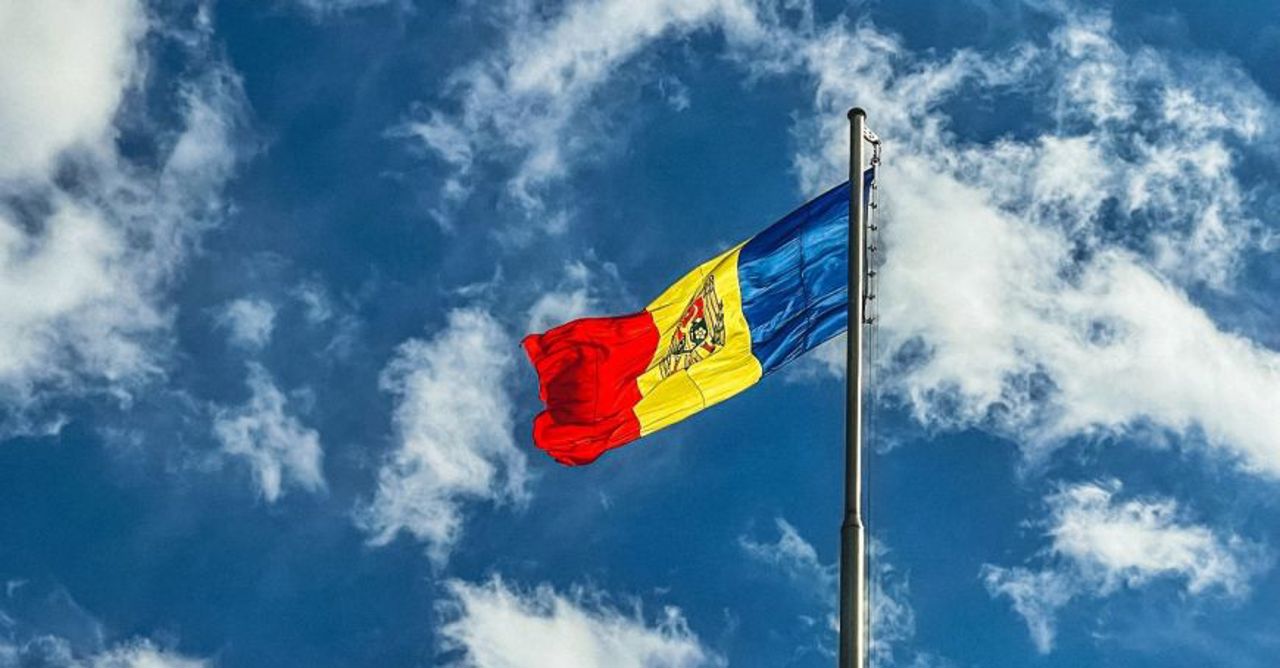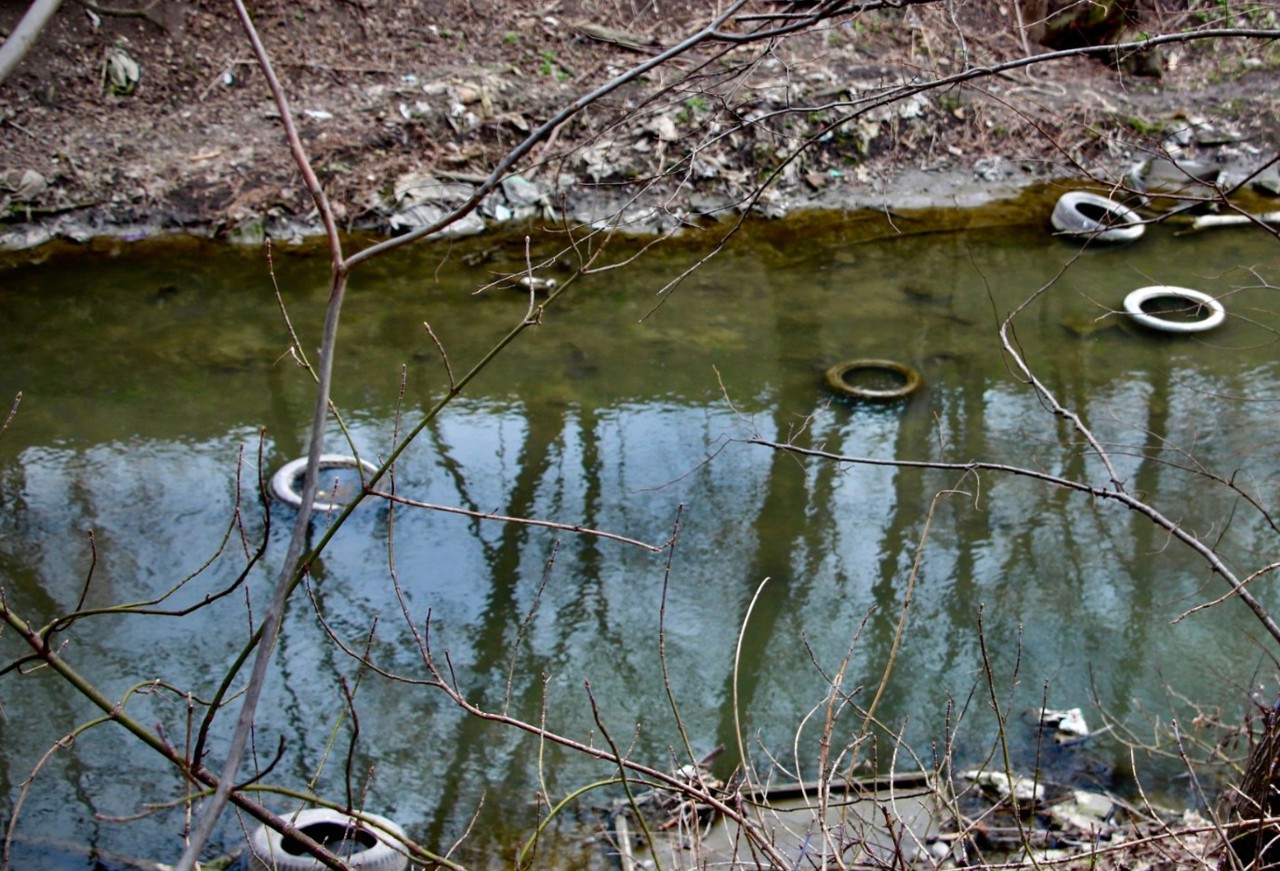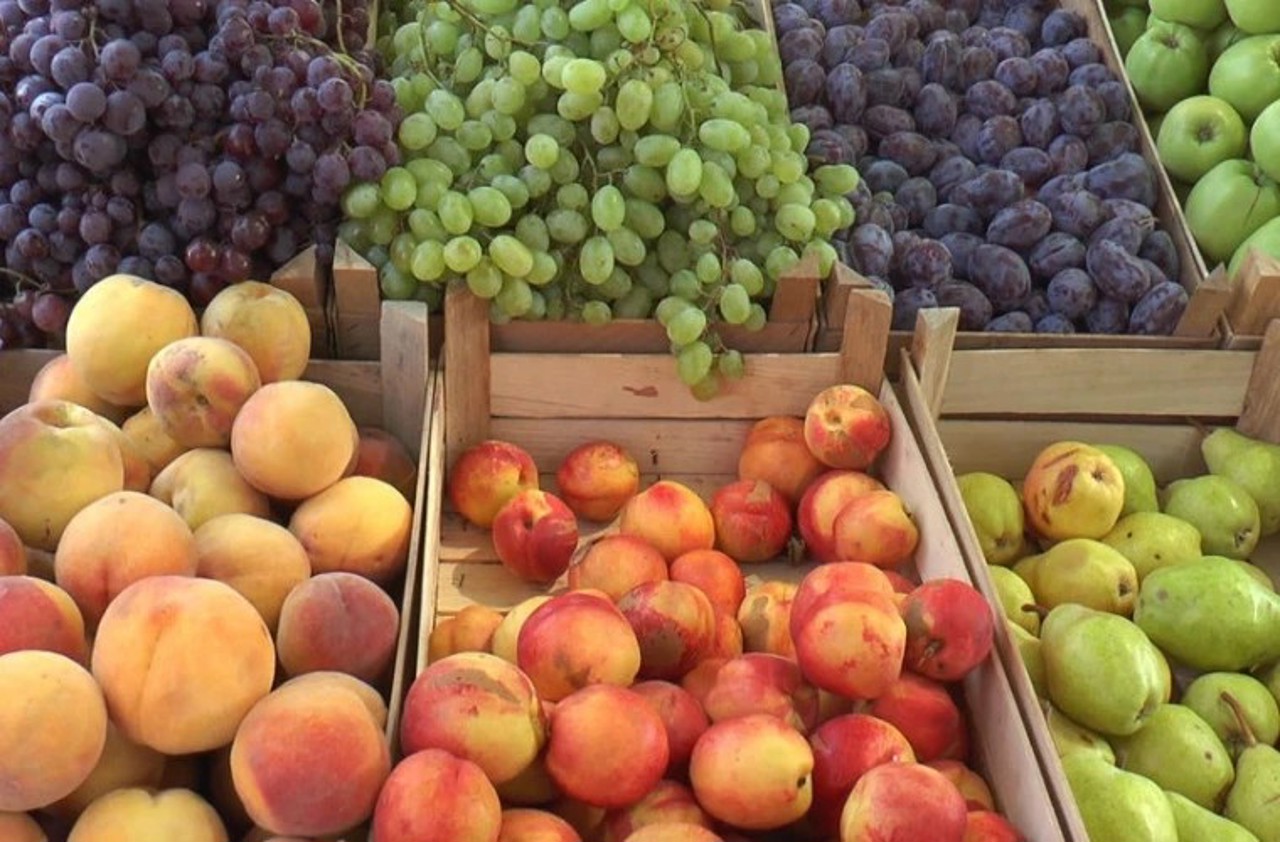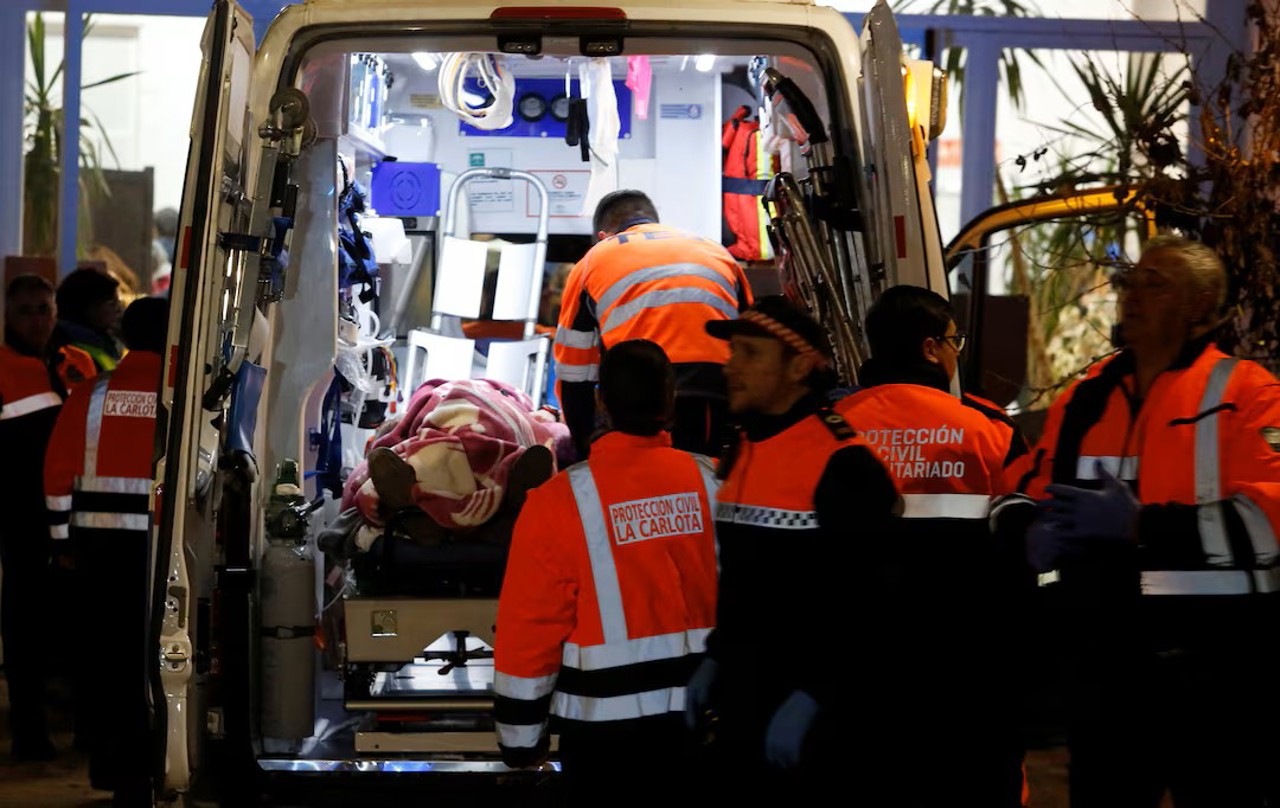Moldova reflects on 32 years of independence, looks to future with hope
The Republic of Moldova has been facing continued threats from the Russian Federation, despite being granted the status of candidate country for accession to the European Union on June 23, 2022.

Russian Foreign Ministry spokeswoman Maria Zaharova made several accusations against Moldova after the decision, including that it would have "negative consequences." The Foreign Ministry in Chisinau replied that Moldova is an independent state and has a free choice to follow the path that its citizens want.
President Maia Sandu has also warned of Russian attempts to destabilise the country, including by generating the energy crisis last autumn or organising large-scale, paid protests by the so-called opposition.
Political commentator Laurențiu Pleșca said that one way for Moldova to further maintain its independence would be to join NATO. However, he noted that the Russian Federation has used NATO membership as a "scarecrow" and that many Moldovan citizens do not understand what it means.
The Republic of Moldova signed the Framework Document of the "Partnership for Peace" Programme implemented by NATO in 1994 and has since signed several Individual Plans with the North Atlantic Alliance. However, the country has not yet given up its neutrality status.
The continued threats from Russia underscore the challenges that Moldova faces as it pursues its European aspirations. However, the government in Chisinau has shown its resilience in the face of these challenges and remains committed to its pro-European course.




